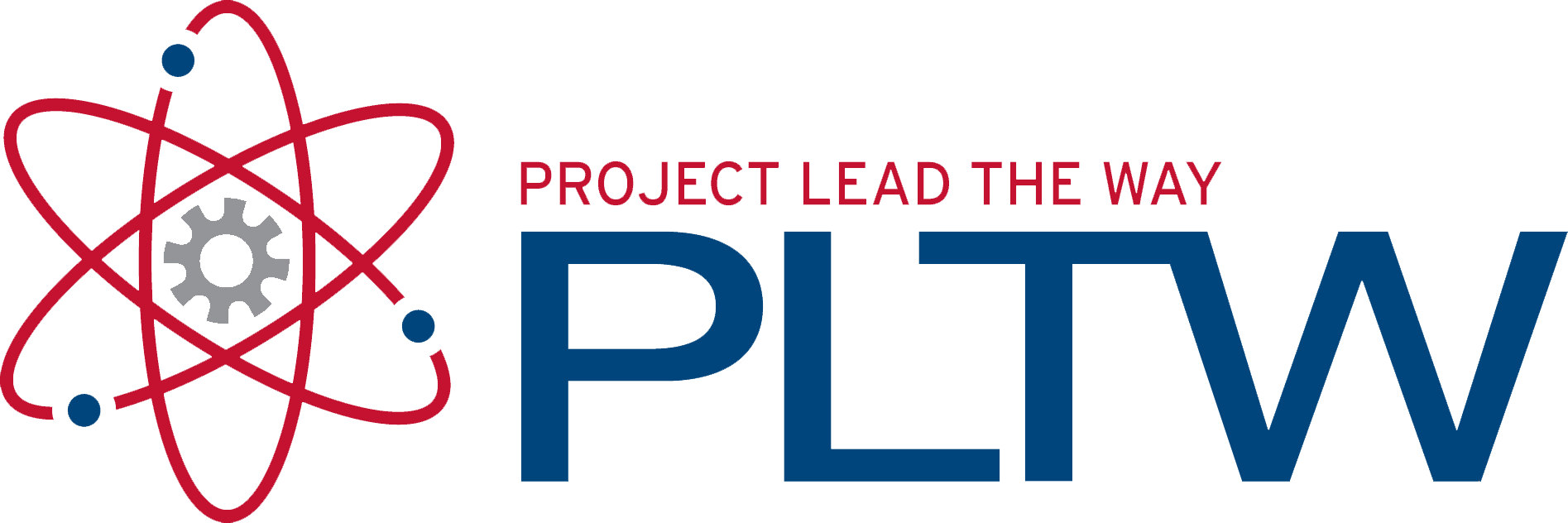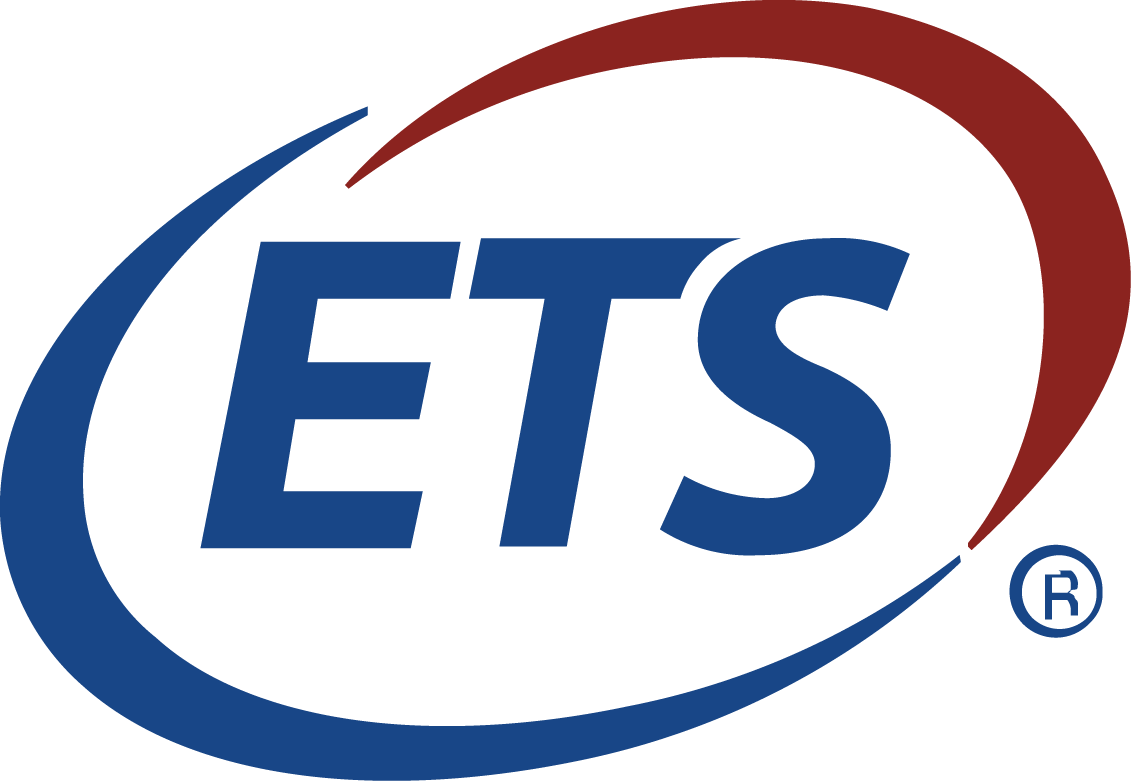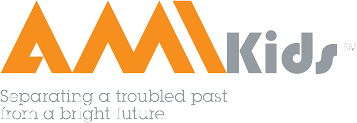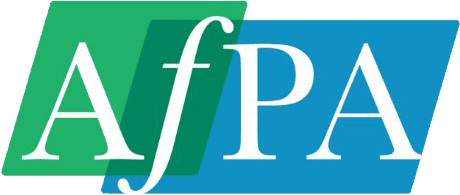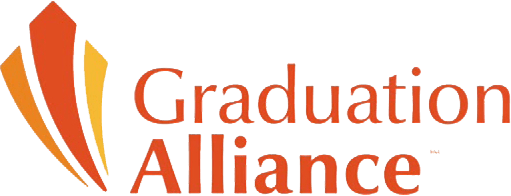As schools reopen for the 2025–26 academic year, literacy reform has reemerged as a national priority. Since the beginning of 2025, more than 40 states have begun aligning curricula with evidence-based practices drawn from the science of reading. Added to the mix is reinforced federal guidance calling for “explicit instruction based on phonological awareness, phonics decoding, vocabulary, fluency, and reading comprehension,” as stated in the Department of Education’s May 2025 announcement.
To examine the origins of this renewed focus, Todd Dallas Lamb, host of the On the Clock podcast, Strategos Group Partner, and a former appointee at the Department of Education, sat down with Dr. Charles Hulme of Oxford University, co-editor of the landmark 2005 volume The Science of Reading. Widely considered one of the foundational thinkers behind the movement, Hulme helped reshape literacy instruction around the globe, which now finds itself reentering the spotlight in U.S. schools. Their conversation traced the field’s evolution from early battles over phonics to new efforts linking literacy, language, and mental health.
From Oxford to the Reading Wars
Lamb painted a backdrop for Hulme to dive into the decades-old debate in reading instruction of phonics versus whole language. In the U.S., the controversy stretched well into the early 2000s.
“When we talk about reading, we need to distinguish between decoding print into sound, reading aloud, and reading for comprehension,” Hulme explained. “Reading for comprehension depends on being able to decode. Since English is an alphabetic system, it’s far more effective to teach children explicitly how the system works through phonics than to leave them to figure it out for themselves.”
The evidenced scientific clarity eventually made its way into The Science of Reading, the 2005 volume Hulme co-edited with his wife, noted psychologist Maggie Snowling. The book brought together leading experts in psychology, linguistics, and education to synthesize what was then known about how people learn to read.
Hulme recalled choosing the title deliberately. “I thought, what is this book about? It’s about the scientific understanding of how people read, how they learn, how the brain processes it, and how genetic and environmental influences shape it. The Science of Reading seemed the ideal title.”
A Personal Turn Toward Reading
Though he began his career in psychology, Hulme recalls pivoting early to reading development because he wanted his research to have a more direct practical purpose. “I came from not a very wealthy family, and getting into Oxford really changed me,” he reflected. “When I started my Ph.D., I thought, ‘I want to do something with practical importance.’ Reading problems, particularly dyslexia, felt like something a cognitive psychologist should be able to understand.”
Hulme’s switch in decision set the course for his career. Today, his work has informed not only scholarship but classroom practice in schools throughout the world.
Struggling Readers and the Dyslexia Spectrum
In recent years, Hulme and Snowling have increasingly focused on the broader consequences of literacy struggles. Their research has helped reshape an understanding of dyslexia as not simply a reading issue but as a deeper language difficulty.
“Children who go on to have reading problems almost always had language difficulties earlier in life,” Hulme explained. “Language is the medium of communication. If a child struggles to understand and express themselves, they have trouble forming friendships, learning in school, and maintaining self-esteem. Add reading difficulties, and you create a downward spiral of poor attainment, frustration, and emotional distress.”
Lamb noted how relevant this finding feels today, as U.S. schools grapple with unprecedented concerns about student mental health. According to Hulme, the link between literacy and well-being is direct and consequential. “Without language, there is no literacy because literacy is simply the visual representation of language. If children lack strong language skills, their ability to thrive academically and emotionally is compromised.”
One of the most striking shared revelations was Hulme’s description of dyslexia as a spectrum. He compared it not to a single disorder, but to a condition like hypertension. “There are severe cases, mild cases, and everything in between,” he said. “Where we draw the line is somewhat arbitrary, but typically we consider the bottom five to ten percent of readers to be dyslexic.”
A shift in framing matters because it suggests that reading difficulties aren’t binary but rather exist along a continuum that requires nuanced responses in schools.
Research and Real-World Impact
Applying research beyond the academic sphere has always been essential to Hulme. He co-founded OxEd, a spinout company from Oxford University, to bring evidence-based tools directly into classrooms. “OxEd is about translating our research into practical application,” he said. “It’s not about making money [but] about producing programs and assessments that are 100% grounded in science.”
Hulme’s mission has led to an enviable scale in applied research. OxEd’s language screen assessment has been used in two-thirds of all English schools, evaluating more than 600,000 children in the UK alone. The resulting data continues to fuel research, creating a cycle of evidence and application.
Embracing Science in Education
Lamb prompted Hulme to examine whether he sees a shift in how educators engage with research. “Mark Twain once quipped that everybody talks about the weather, but nobody does anything about it,” said Lamb. “I sometimes get the feeling that there are educators who talk about research, but do not necessarily dive in. But that seems to be shifting.”
Hulme agreed that the tide is turning. “Education has been slow to accept the importance of science,” he said. “But that’s changing. I often compare it to medicine where doctors apply scientific understanding of the body to treat patients. In the same way, education should apply psychological science to understand learning and improve teaching. We’d never accept a doctor prescribing a pill without evidence. Why would we accept untested methods in classrooms?”
Hulme sees a greater shift toward evidence-based practice as an encouraging sign in the education community today.
Education Across Contexts
International comparisons remain an interesting dynamic. Hulme noted that UK schools often face tighter budgets than their U.S. counterparts, but still manage strong outcomes. “On the whole, schools in England do a very good job and achieve great results with sometimes fewer resources than they deserve,” he observed.
The reality in the UK, he suggested, stresses a greater importance of using resources wisely and investing in what works, rather than overly relying on a particular tradition or ideology.
A Humble Path to Oxford
For all his academic stature, Hulme’s story is rooted in modest beginnings. The youngest of four boys, he grew up with a father who worked in a factory and a mother who cleaned houses. The family’s dinner table was filled with heated political debates that, he says, sharpened his verbal skills.
One memory still stands out. At age five, Hulme delivered shoes to a local cobbler. “The man looked at me and asked, ‘Charles, what is psychology?’ I said I had no idea. He told me it was the scientific study of the mind. Fifteen years later, I was studying psychology at university. That conversation never left me.” The story served as a reminder that seemingly small interactions and conversations can spark lifelong pursuits for everyone.
Why Accents Endure
Lamb pivoted to a lighter note, curiously inquiring why regional accents persist in an age of mass media. Hulme offered a scientific explanation.
“When babies learn language, they map the sounds they hear onto their own speech production,” he said. “Because language is social, children adopt the speech of the people around them, not the television [or media source]. That’s why accents (regional and even class-based) persist through generations.”
The Legacy of a Lifelong Pursuit
At the close of the conversation, Lamb reflected on Hulme’s years of impact. “At the top of the podcast, I called you a father of the science of reading,” he said. “How satisfying is that recognition for you?” Hulme paused. “I’m proud of the work I’ve done. I can look back and think, yes, that was a useful thing to have done in life. I’d like to think people are a bit better off as a result.”
It was a fitting synopsis for Lamb, a reminder that the science of reading is an ongoing, evolving pursuit based on decades of persistence by scholars like Hulme. Their collective work remains an essential component not only of literacy but also in enhancing the emotional realities and successful life outcomes of so many individuals.


